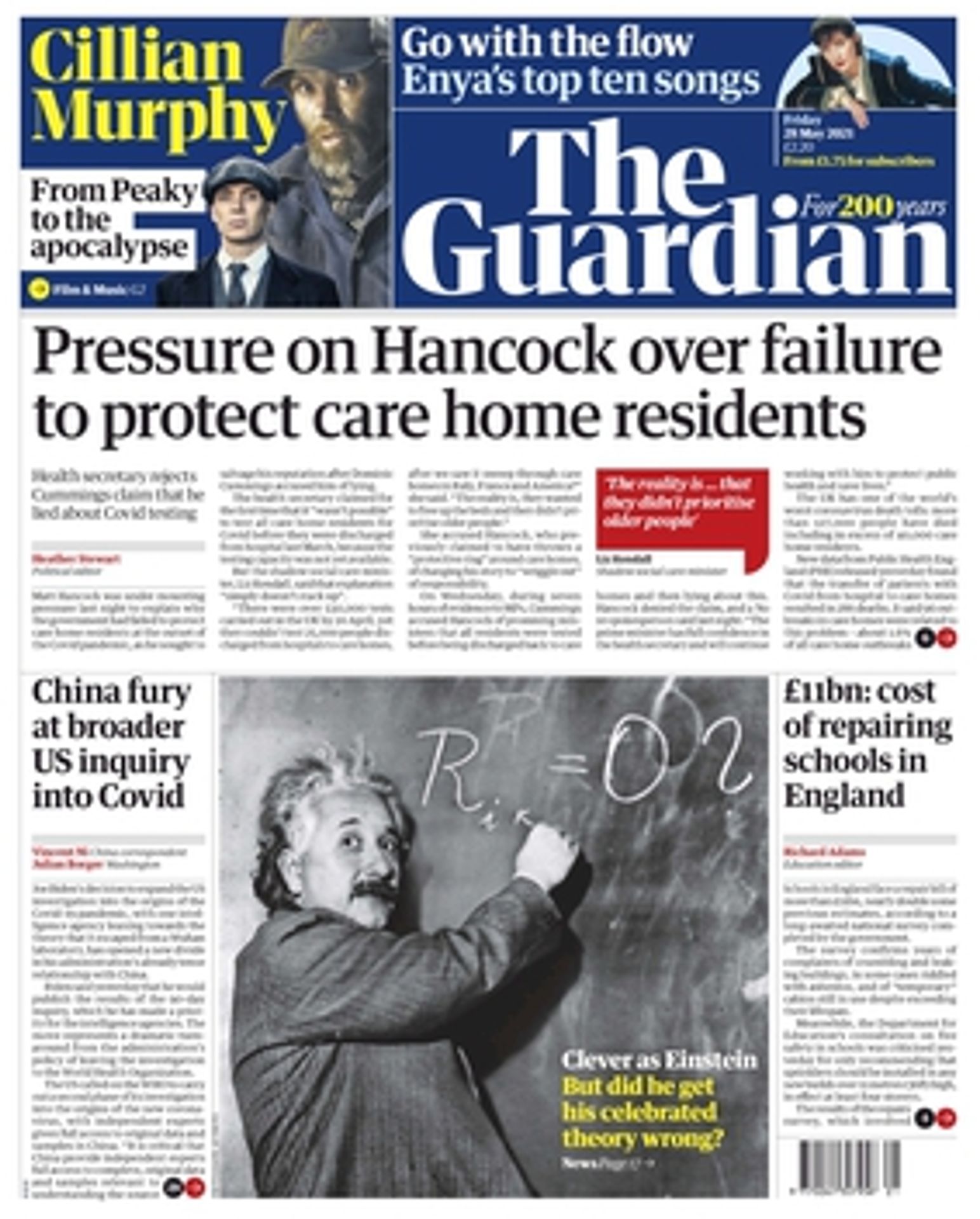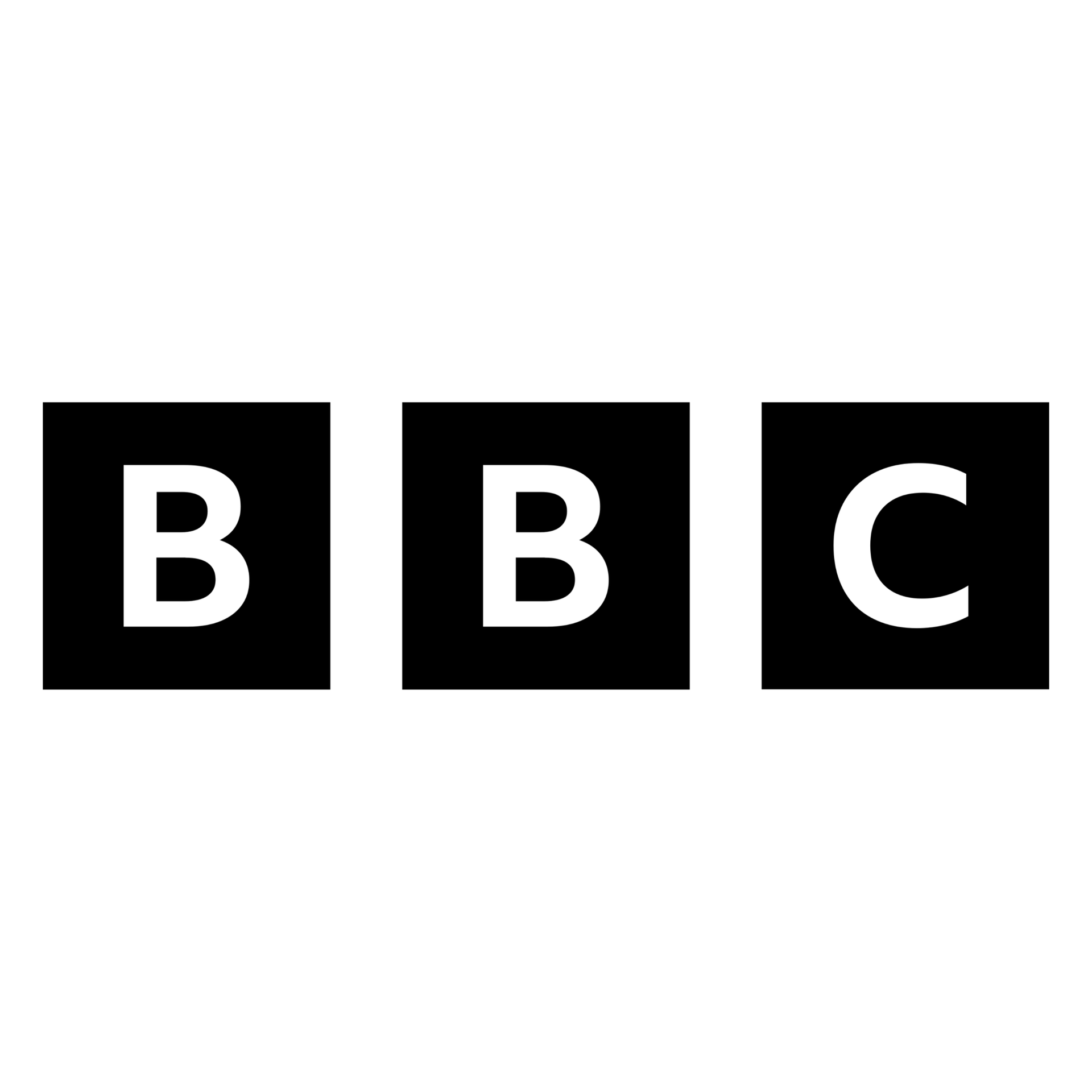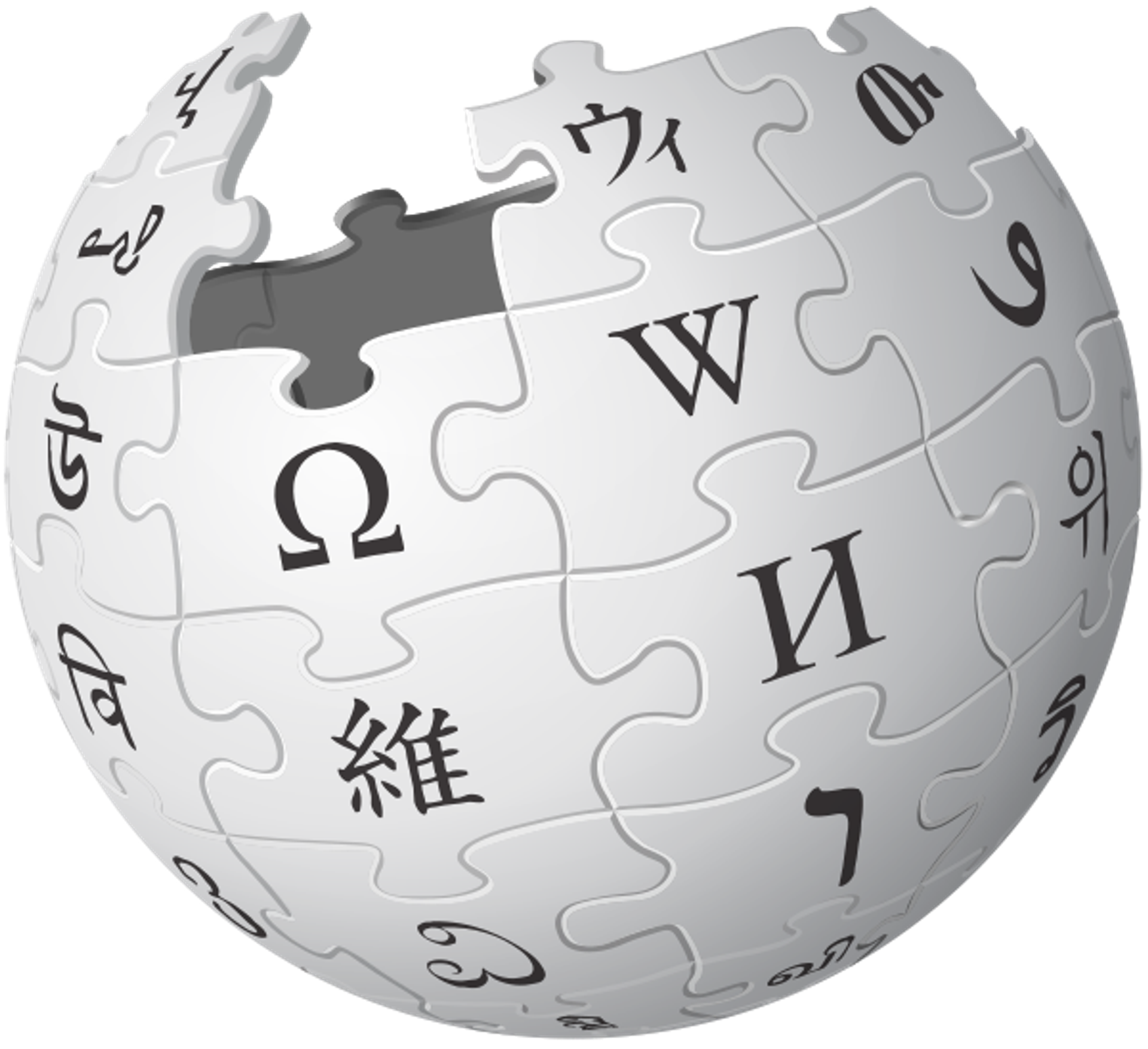
The Guardian
What do people say about The Guardian?
The Guardian maintains its standing as a key UK newspaper of record, valued for its editorial independence and investigative journalism. However, it often attracts criticism for a perceived left-leaning bias and connections to an elitist metropolitan readership, which alienates certain segments of the British public. While widely respected for quality reporting, it is also seen by some as politically biased and insufficiently representative of broader UK perspectives. This mixed perception highlights the tension between its journalistic achievements and public skepticism about its impartiality and demographic reach.
Where are the conversations happening?
The Guardian is often praised in liberal and mainstream UK media outlets for its investigative reporting and editorial standards but faces harsh critique from right-leaning channels and commentators who label it biased and elitist. The most critical discussions appear in conservative media platforms and social media debates, where The Guardian's political stance and readership demographics are frequently targeted. There is a clear partisan divide in how the entity is perceived across different media channels.
What are the topics trending around The Guardian?
Discussions about media bias, political polarization in UK news coverage, and the influence of digital transformation on traditional newspapers are trending topics near The Guardian. Additionally, debates around press freedom and editorial independence continue to be significant.
Why are these topics trending?
These topics emerge because The Guardian is frequently at the center of debates over journalistic impartiality and the evolving media landscape, which directly impacts its reputation and operational model. The heightened political divides in the UK media environment amplify scrutiny on its editorial stance and readership base.
How is The Guardian being talked about?
Detailed breakdown of public sentiment and conversations about this entity.
Impact vs Sentiment
See how each entity's high impact percentage relates to their positive sentiment percentage from actual mentions.




